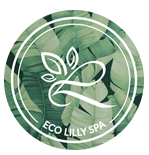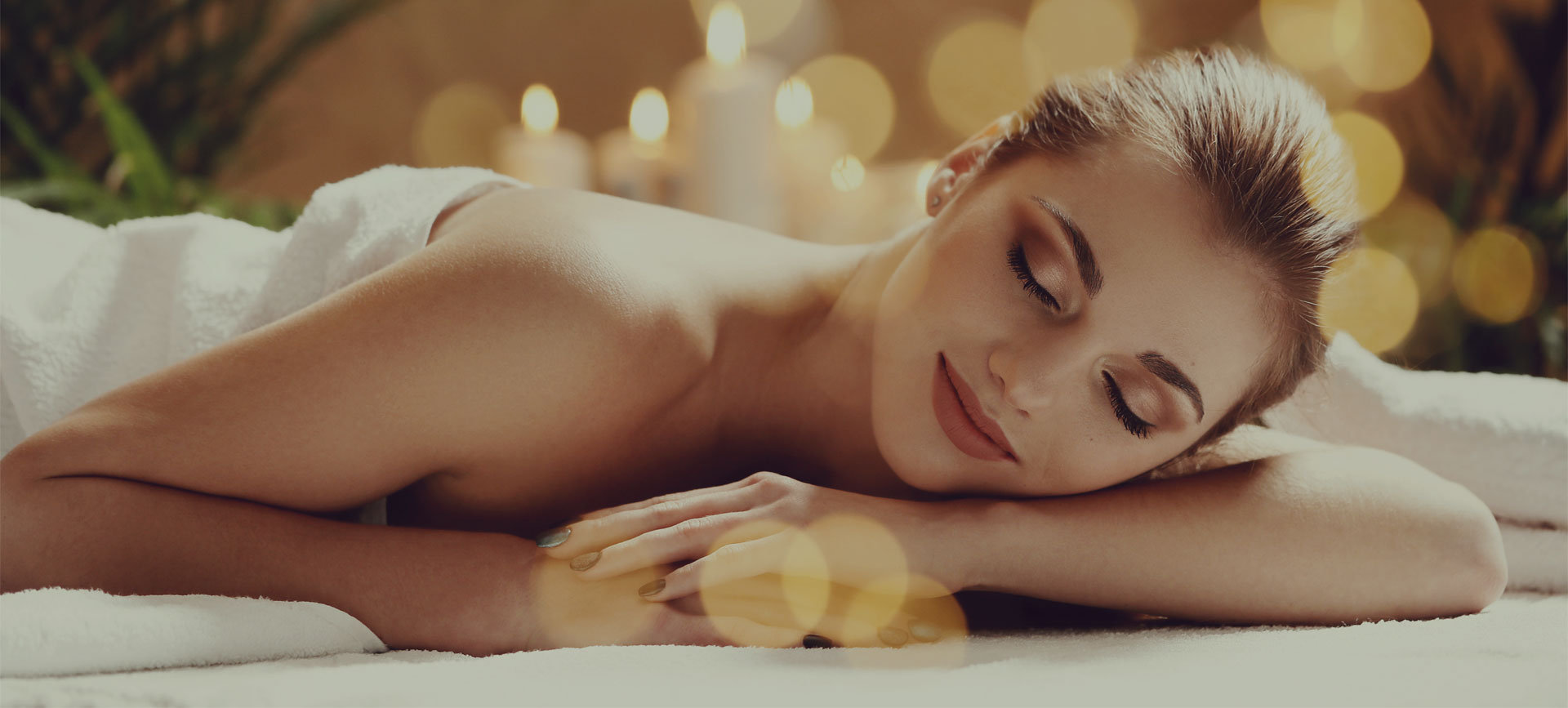How to Get Rid of Acne: Proven Treatments & Home Remedies
Acne is one of the most common skin conditions, affecting millions of people worldwide. It occurs when hair follicles become clogged with oil and dead skin cells, leading to pimples, blackheads, and whiteheads. While acne is not life-threatening, it can impact self-confidence and lead to long-term skin issues if not treated properly.
If you’re struggling with acne, you’re not alone. Fortunately, there are numerous ways to treat and prevent breakouts, ranging from medical treatments to natural remedies and lifestyle changes. In this guide, we’ll explore the best ways to get rid of acne and achieve clear, healthy skin.

2. Understanding Acne: Causes & Types
What Causes Acne?
Several factors contribute to acne breakouts, including:
- Hormonal Changes – Increased androgen levels can trigger excessive oil production.
- Bacteria – Propionibacterium acnes (P. acnes) bacteria can cause inflammation and breakouts.
- Clogged Pores – Dead skin cells and excess sebum block hair follicles.
- Diet – Certain foods, such as dairy and high-glycemic foods, may worsen acne.
- Stress – Triggers hormonal imbalances that lead to breakouts.
Types of Acne
Understanding the type of acne you have is crucial for choosing the right treatment:
- Whiteheads & Blackheads – Non-inflammatory acne caused by clogged pores.
- Papules & Pustules – Inflamed, red pimples with or without pus.
- Cystic & Nodular Acne – Severe acne that forms deep under the skin, often painful and prone to scarring.
3. Best Medical Treatments for Acne
When it comes to treating acne, medical treatments are often the most effective. Over-the-counter (OTC) treatments are widely available and can help manage mild to moderate acne. Some of the most effective OTC treatments include:
- Benzoyl Peroxide: This ingredient works by killing acne-causing bacteria and reducing inflammation. It also helps prevent new breakouts from forming.
- Salicylic Acid: Known for its ability to exfoliate the skin, salicylic acid helps unclog pores and remove dead skin cells, preventing future breakouts.
- Retinoids (Adapalene, Retinol): These vitamin A derivatives promote skin cell turnover, preventing clogged pores and reducing acne severity over time.
For those with persistent or severe acne, prescription treatments may be necessary. These include topical and oral antibiotics, hormonal therapy, and isotretinoin, which should be used under the supervision of a dermatologist.
4. Effective Home Remedies for Acne
Many people turn to natural remedies to treat acne, and some ingredients have been proven to help. Tea tree oil has antibacterial properties that reduce acne-causing bacteria, while aloe vera soothes inflammation and promotes healing.
Honey and cinnamon work together to combat bacteria and reduce redness, and green tea extract contains antioxidants that help control sebum production. DIY face masks and spot treatments can also be effective.
A turmeric and yogurt mask helps with inflammation, an apple cider vinegar toner balances skin pH and fights bacteria, and clay masksabsorb excess oil and unclog pores. While these remedies may not work as quickly as medical treatments, they can be a great supplement to an acne-fighting routine.
5. Skincare Routine for Acne-Prone Skin
Morning Routine
- Gentle cleanser
- Acne treatment (salicylic acid or benzoyl peroxide)
- Lightweight, non-comedogenic moisturizer
- Broad-spectrum sunscreen (SPF 30+)
Evening Routine
- Remove makeup and cleanse skin
- Apply retinoid or acne treatment
- Hydrating moisturizer
Ingredients to Avoid
- Alcohol-based products
- Heavy, pore-clogging oils
- Harsh exfoliants that can irritate the skin
6. Lifestyle Changes to Prevent Acne
Diet & Nutrition
Some foods may trigger acne, such as dairy and high-glycemic foods (white bread, sugary snacks). Opt for:
- Omega-3-rich foods (salmon, walnuts)
- Antioxidant-rich fruits and vegetables
- Plenty of water for hydration
Hydration & Sleep
- Drink at least 8 glasses of water daily.
- Aim for 7-9 hours of sleep to allow skin to repair itself.
Stress Management
- Practice meditation or yoga.
- Engage in regular exercise.
- Take breaks and manage work-related stress.
Hygiene Tips
- Change pillowcases frequently.
- Clean makeup brushes weekly.
- Avoid touching your face throughout the day.
7. When to See a Dermatologist
If your acne persists despite using home remedies and OTC treatments, consult a dermatologist. You may need stronger prescription medications or professional treatments such as:
- Chemical peels
- Laser therapy
- Cortisone injections for cystic acne
8. FAQs: Common Acne Questions Answered
Does toothpaste help acne?
No, toothpaste contains harsh ingredients that can irritate the skin rather than heal acne.
Can you pop pimples?
It’s not recommended as it can lead to scarring and further infection.
How long does acne take to clear up?
It varies depending on the severity and treatment used, but most treatments show results in 4-8 weeks.
9. Conclusion & Call to Action
Getting rid of acne requires a combination of proper skincare, lifestyle adjustments, and, in some cases, medical treatment. Whether you opt for OTC treatments, natural remedies, or professional care, consistency is key.
Have you tried any of these acne treatments? Share your experience in the comments below!

